Malaria has been a silent killer of millions of Africans for generations on end. Africa is a destination where everyone inevitably checks for diseases and vaccinations. Rightfully so. However, South Africa is not like the rest of Africa. Its climate is more Mediterranean than tropical lending itself to milder conditions overall. The infrastructure is far more developed than its neighbors allowing for increased sanitation. The question becomes, do I need to take Malaria pills when visiting South Africa?
This post is part of my Ultimate Guide to Living in Johannesburg, South Africa
What is Malaria?
Malaria is mosquito borne disease transmitted exclusively through the bite of the female Anopheles mosquito. The highest risk period is between November and April – the end of the summer rainy season. Following the bite of an infected mosquito, an individual may remain asymptomatic for 12 – 35 days, depending on the species of malaria. This is known as the incubation period.
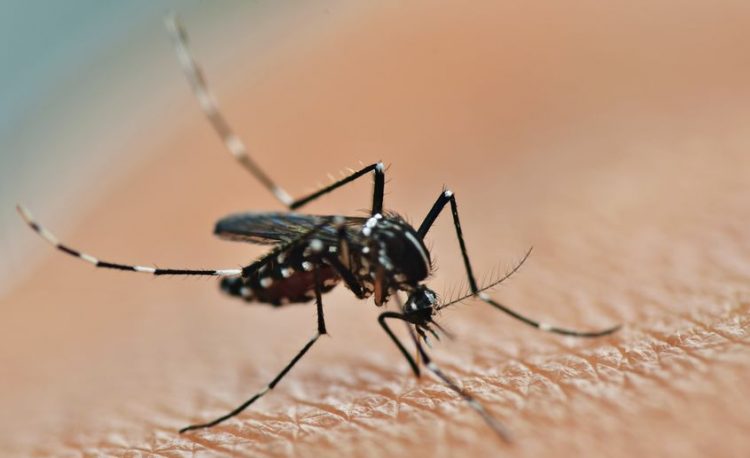
Malaria should be suspected in patients with any unexplained fever after visiting an area where malaria is endemic. The symptoms of malaria include:
- Fever
- Chills
- Sweating
- Headaches
- Body aches
- Tiredness
- Stomach problems – These can include:
- Loss of appetite
- Nausea and vomiting
- Belly pain
- Diarrhoea
- Skin that looks yellow – This is called “jaundice”.
- Cough
- Fast heart rate or breathing
When malaria becomes severe, it can cause symptoms such as:
- Confusion
- Hallucinations
- Seizures
- Dark or bloody urine
Most types of mosquito that are encountered will not carry the malaria parasite and if an individual is bitten it does not mean that they will contract malaria.
Is there Malaria in South Africa?
Many of the main tourist areas are malaria-free, so you need not worry at all. However, the Kruger National Park (South Africa’s most popular reserve), the Lowveld of Mpumalanga and Limpopo, and the northern part of KwaZulu-Natal do pose a malaria risk in the summer months. (Transmission is seasonal, with peak rates of infection occurring in April and declining by June.)
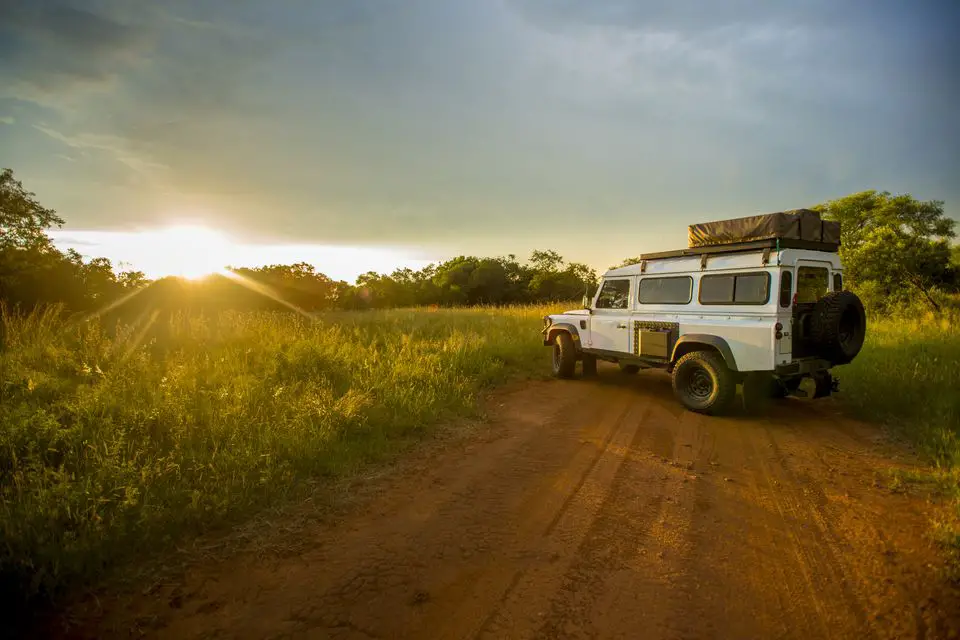
Most of South Africa is malaria-free. However, there is a risk in some rural areas of the northern provinces of Limpopo and Mpumalanga, according to the State Department. Kruger National Park, the largest game park in the country and a popular tourist destination, is a malaria zone. If you will be traveling to these areas, consider taking anti-malarial drugs. It is best to talk to your doctor or go to a travel clinic to discuss the merits and side effects of different malaria pills.
If you decide against malaria prevention drugs, make sure to protect yourself from mosquitoes. Bring plenty of strong insect repellent and wear clothing that covers your neck, ankles and wrists. In all areas where the mosquito-born illness is present, infection risk is much lower between June and September, South Africa’s winter months. Symptoms of malaria do not usually kick in until several weeks after contraction of the disease.
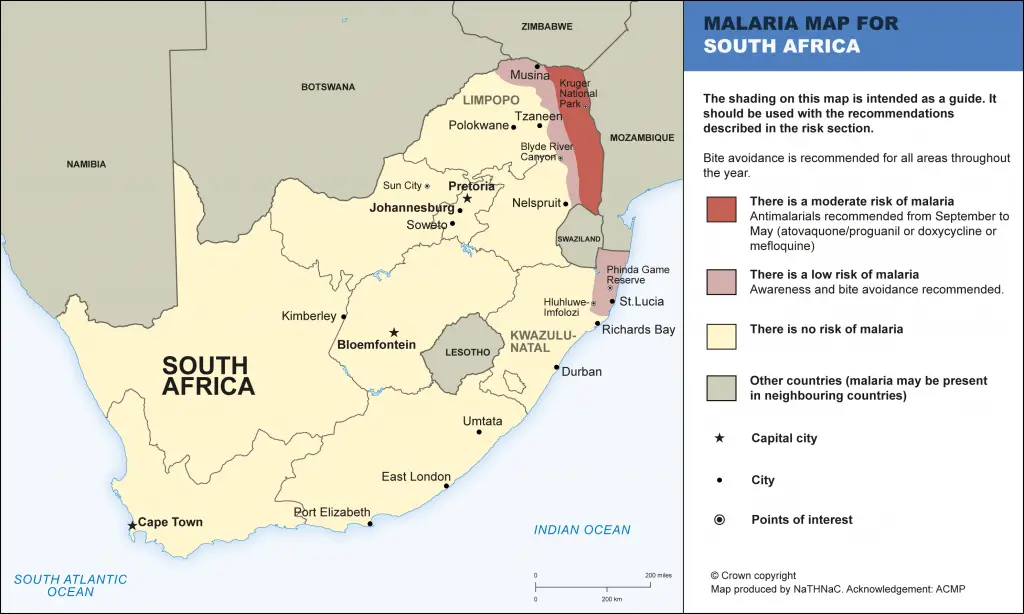
In essence, areas like Johannesburg, Pretoria, Cape Town, and the Garden Route and entirely malaria free. Anyone that’s visited these areas can attest to the difference in climate versus other areas known for their malaria outbreaks. The climate simply isn’t conducive to malaria mosquitoes. So with that said, if your travel does not include a visit to the Limpopo and Mpumalanga regions, there is zero need to even think about taking malaria pills. This includes all the private reserves in the Mpumalanga province around Durban.
Malaria and Kruger National Park
The Kruger National Park in the northeast part of South Africa bordering Mozambique is known to have mosquitoes that can transmit malaria. However, the risk of transmission is very low, even in the summer months where more mosquitoes are present. It’s important to note that Kruger is quite developed and you’re unlikely to encounter swamps full of mosquitoes.
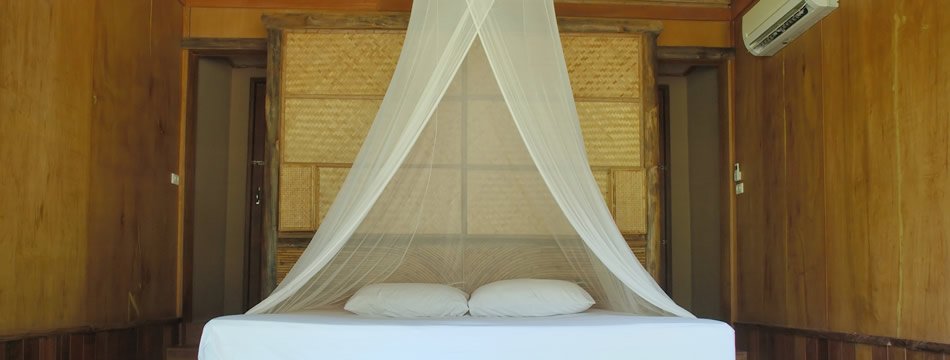
1) Not all mosquitoes are infected.
2) The camps are very clean and you are unlikely to encounter swarms of mosquitos
3) May is pretty late in the year – start of winter over here.
4) People living in and around the park cannot afford the medication on a regular basis. It is like AIDS, BE AWARE of the problem and take precautions.
Having lived in South Africa for a few years, I can safely say that all the locals I met, white or black, never took any sort of Malaria pills before going to the bush. In fact, they often scoffed at the idea of taking any pills and laughed at over prepared foreigners and their paranoia. Although I totally understand why tourists want to take pills, I never ended up taking anything during my time in South Africa.
Preventing Malaria
So even after reading the above, you’re still worried and want to take absolutely zero chances. Always better safe than sorry am I right? In that case, the best way to treat Malaria is to prevent it from happening in the first place. This means take preventative Malaria pills, and prevent mosquito bites from happening in the first place. Having traveled all around Africa, I did take Malaria pills when I was in Eastern Africa (never once in South Africa). There are numerous pills out there, but the two I’ve tried are Malarone and Doxycycline. It’s impossible to say if I was exposed to Malaria mosquitoes but I never got Malaria!
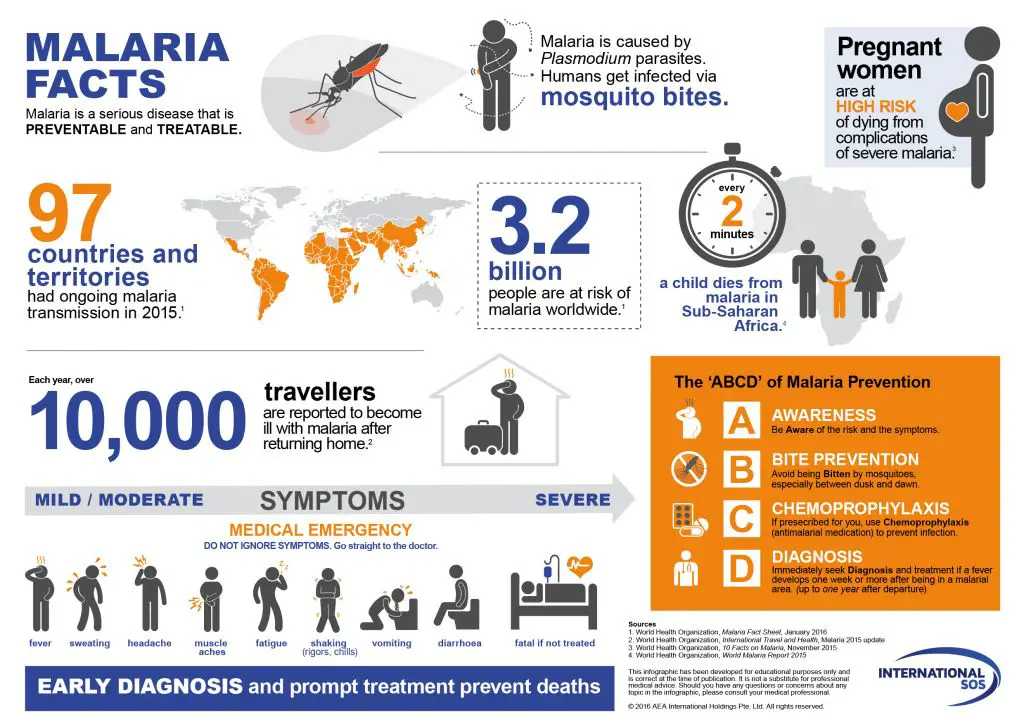
I will say that Malarone, the more expensive of the two drugs, gave me some of the strangest and most vivid dreams I’ve ever had in my life. This is a known side effect and I was not a fan. Often times I didn’t sleep well because of nightmares, and I’d eventually just stop taking them.
Eventually, after I was in Africa for over a year, I stopped taking Malaria pills altogether when visiting places like Madagascar and Mozambique that have much higher Malaria transmissions than South Africa. Perhaps not the smartest thing to do, but I was tired of carrying pills with me everywhere. I never got malaria!
Side notes:
- The cost and the side-effects of malaria-pills has to weighed against the actual advantages of taking them – THERE IS NO GUARANTEE that the pills are going to prevent malaria! In fact they mask the symptoms of malaria and I know of a case where somebody was infected and he had to go back 5 times for blood tests before it was picked up.
- Take precautions – dawn and dusk will be the time you are at risk. Cover up. Don’t walk around shirtless like every second South African sitting around his campfire! Use any of the huge range of products that are available at every chemist or camping store here: sprays, roll-ons, candles, armbands.
- Malaria can lay dormant for extended periods of time. It can take up to and even more than 6 months for side effects to show.
- Children under a certain age should avoid Malaria zones altogether. Kruger is mostly okay, but I probably wouldn’t take a toddler to Kruger.
Yellow Fever in South Africa
There is NO yellow fever in South Africa and ZERO risk of contracting yellow fever. However, for those going on an extended Africa trip, if you arrive in South Africa from a country with yellow fever transmission, you must present yellow fever vaccination proof. None of these countries currently border South Africa, so you’d have to be arriving by flight.



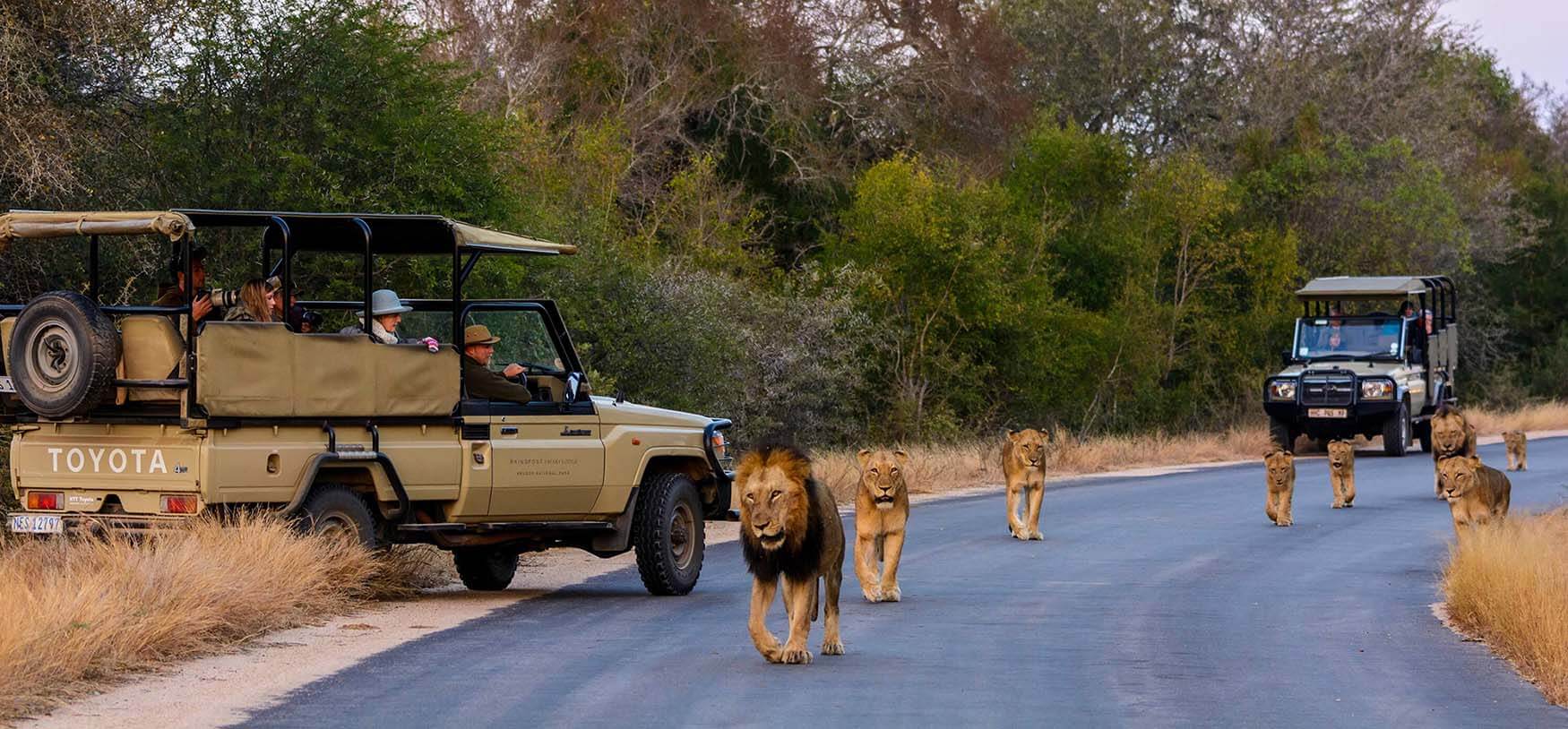
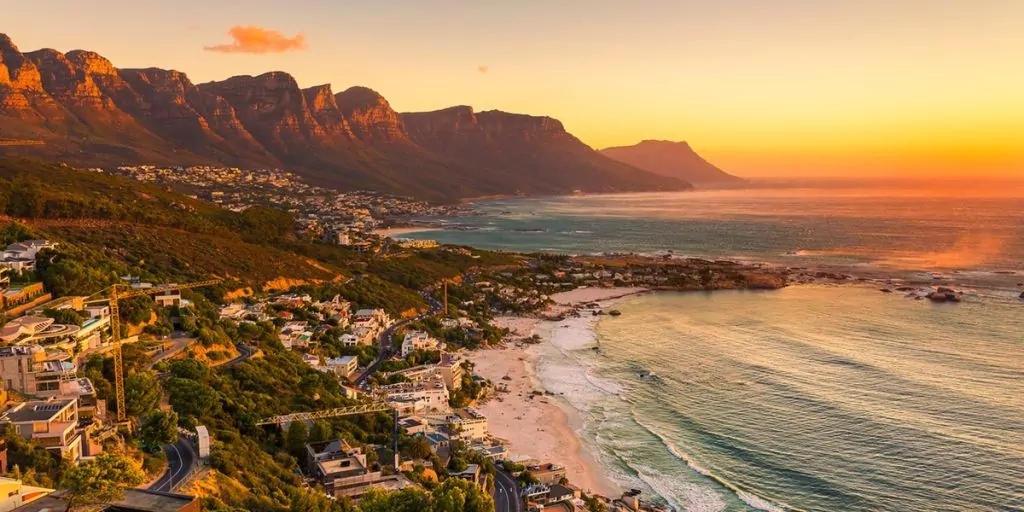
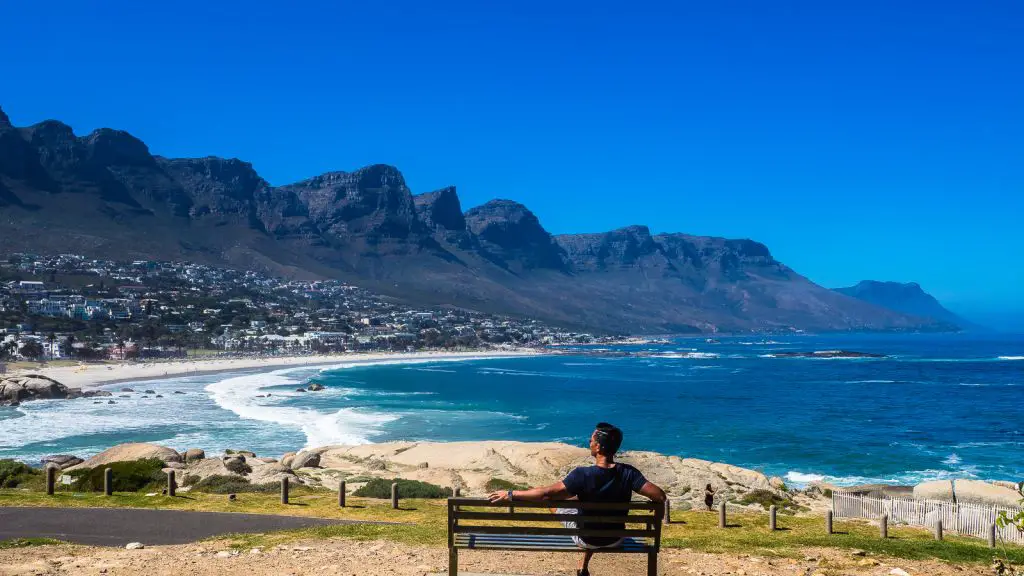
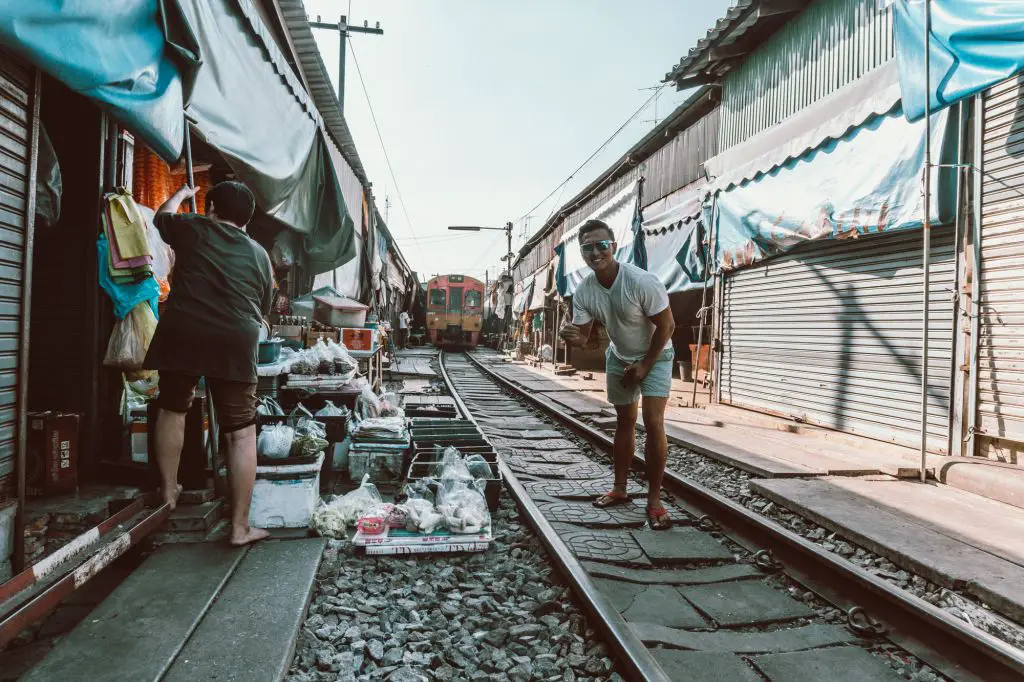
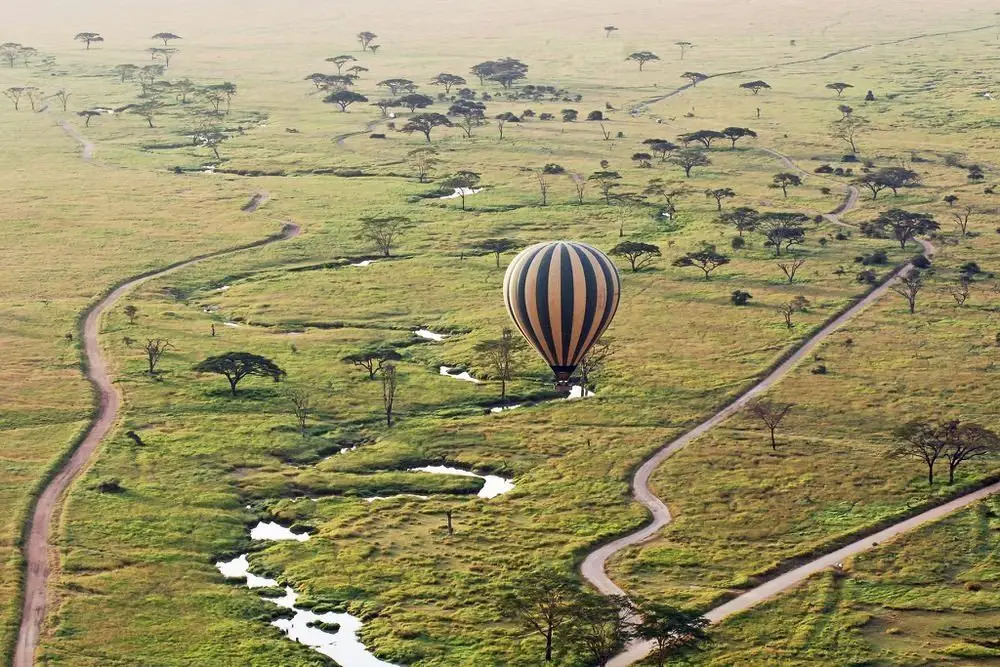

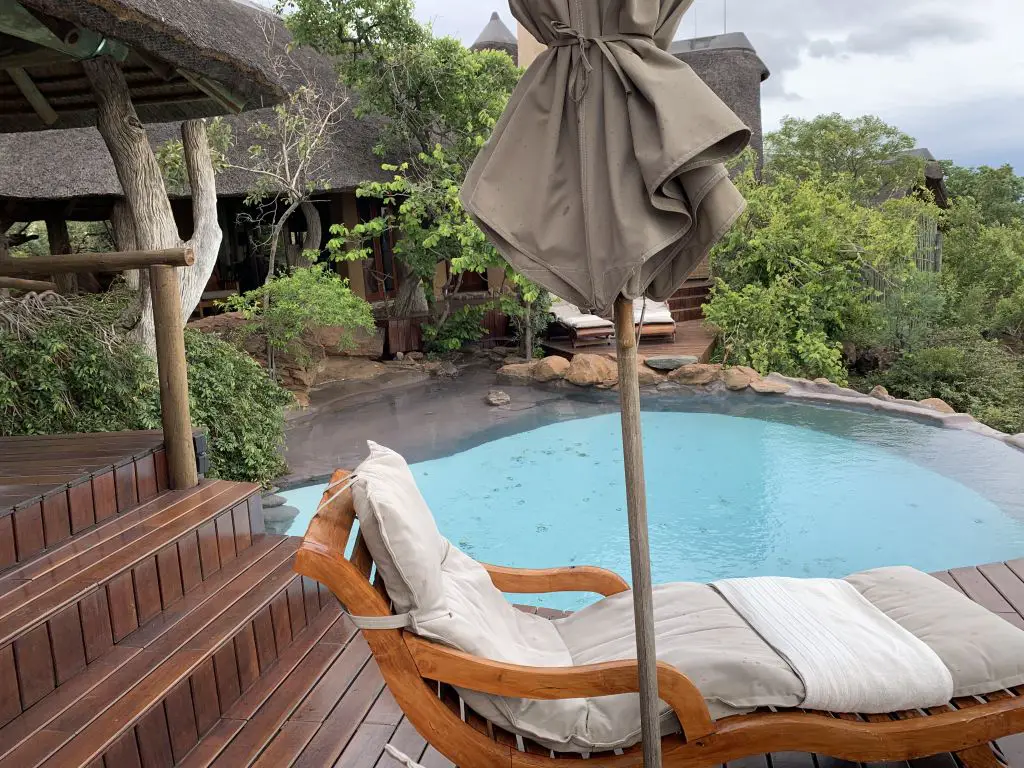
Thanks for this. I definitely fall into your “worried because I read something somewhere” bucket. I have read that there have been cases reported of Malaria recently in the Kruger. I think I will still stay on the safe side on take the pills but good to get perspective from others!
Your fears are not unfounded! It’s only natural to worry. I think it’s always better safe than sorry so you should definitely just take some pills and that way you can enjoy your trip without any worrying 🙂
Hello johnny,can i ask you this question,AT THE MOMENT IS IT SAFE TO GO TO SOUTH AFRICA WITH THE PNEUMONIC plague scare.
Hi Brendan, I don’t think there have been any cases of bubonic plague in South Africa since the breakout in Madagascar. The people the plague affect in Madagascar are not the group of people that are even capable of travel outside of the villages, let alone the country. Also, there are vaccinations for the plague nowadays which is why it dis-proportionally affects poorer countries.